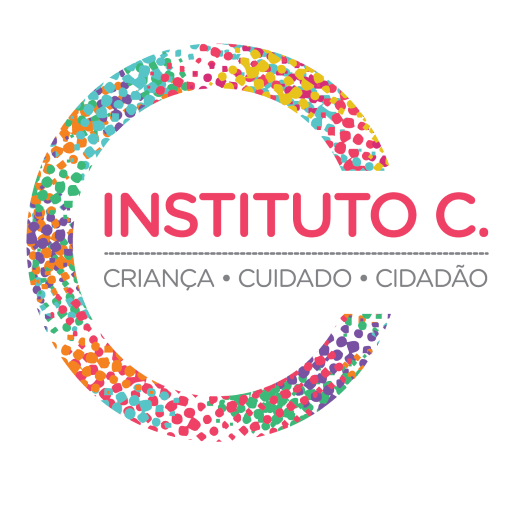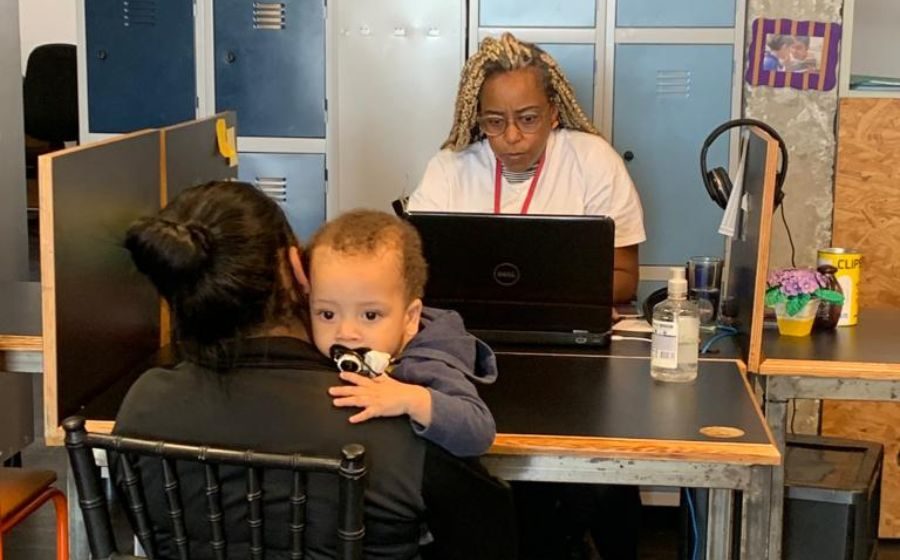Early Childhood – The Importance of Investing in the First Years of Life
Early childhood refers to the period from birth to six years of age. It is a crucial stage of human development, marked by rapid physical, emotional, cognitive, and social growth.
Investing in the early years of life is extremely important, as this is when the child’s brain is constantly developing and most receptive to learning.
Numerous scientific studies show that experiences during early childhood have a profound and lasting impact on adult life. According to the Center for Applied Research on Early Childhood, skills such as language, problem-solving, sociability, and adaptability are all developed during the first years of life.
With this in mind, in June of this year, the Brazilian Senate approved a bill that designates August as the Month of Early Childhood. The PL 2.034/2021 aims to promote awareness about the importance of comprehensive care for pregnant women, children, and their families across the country.
At Instituto C, we have a dedicated service area called Child Development, which focuses entirely on children in early childhood, always seeking to support their full development.
But what exactly is early childhood?
According to Brazil’s Ministry of Health, early childhood begins at conception and lasts until six years of age. It is considered a critical period for human development, marked by rapid physical and brain growth, as well as emotional, social, and cognitive development.
Science has shown that experiences during early childhood, even from the prenatal stage, directly influence the kind of person a child becomes. This phase offers a unique opportunity for a child to reach their full potential. “The earlier we invest in a child’s development, the greater the return for both the individual and society,” says the NCPI (National Center for Early Childhood).
Thus, everything experienced during early childhood—positive or negative, especially interactions with parents, family members, and caregivers—shapes the person the child will become.
5 Reasons to Invest in the Early Years
It’s clear that investing in early childhood benefits not only children but society as a whole. The right stimulation can enhance intellectual ability, improve academic performance, and reduce dropout and repetition rates—while also forming adults better prepared to face life’s challenges.
Here are five key reasons to invest in early childhood:
1. Impact on Brain Development
In the early years, a child’s brain undergoes rapid growth and forms critical neural connections. Proper stimulation at this stage supports healthy brain development and the acquisition of essential skills.
2. Foundation for Future Skills
Experiences during early childhood have a deep and lasting effect on personality, behavior, and lifelong learning. Investment in this stage lays the groundwork for a child’s comprehensive development.
3. Promotion of Health and Well-being
Investing in early childhood directly impacts physical and emotional health. Proper care at this stage helps prevent long-term health issues and promotes emotional and social well-being.
4. Reducing Social Inequality
Early childhood investment is a powerful way to fight inequality by providing equal opportunities from the start. Children who receive the right support are more likely to reach their full potential—regardless of their background.
5. Long-term Economic Benefits
Investing early yields significant returns for society. Children who receive quality education and care are more likely to become productive, self-sufficient adults—ultimately reducing public spending on social and health services.
Children’s Rights: What Are the Key Ones?
Children have internationally recognized rights, protected by conventions and declarations. One of the most important is the United Nations Convention on the Rights of the Child, adopted on November 20, 1989.
Key rights include:
-
The right to education
-
The right to health
-
Protection from child labor
-
Freedom from discrimination and violence
-
Freedom of expression
-
The right to family life and care
Guaranteeing these rights is a shared responsibility among the State, society, family, and individuals. While the State bears the primary responsibility through public policy, legislation, and funding for essential services like education and healthcare, society also plays a crucial role—including NGOs, communities, and each individual.

